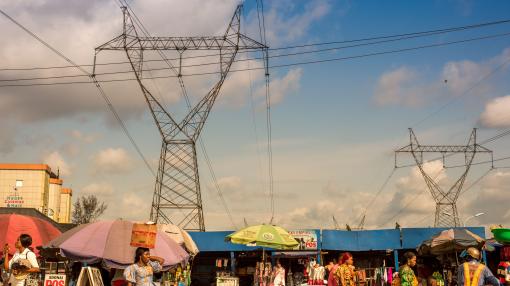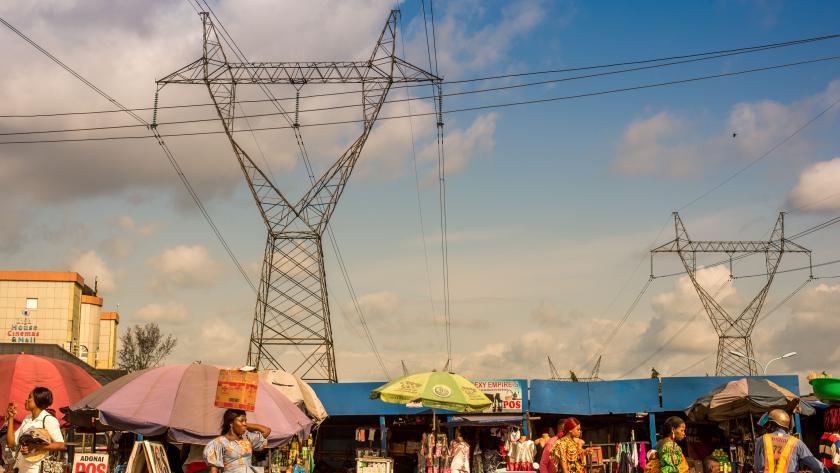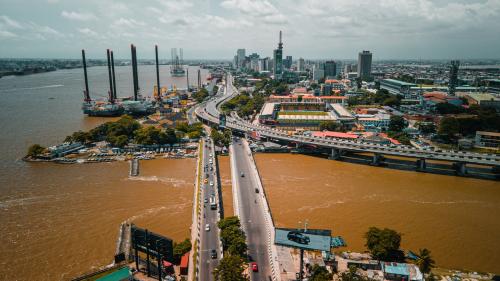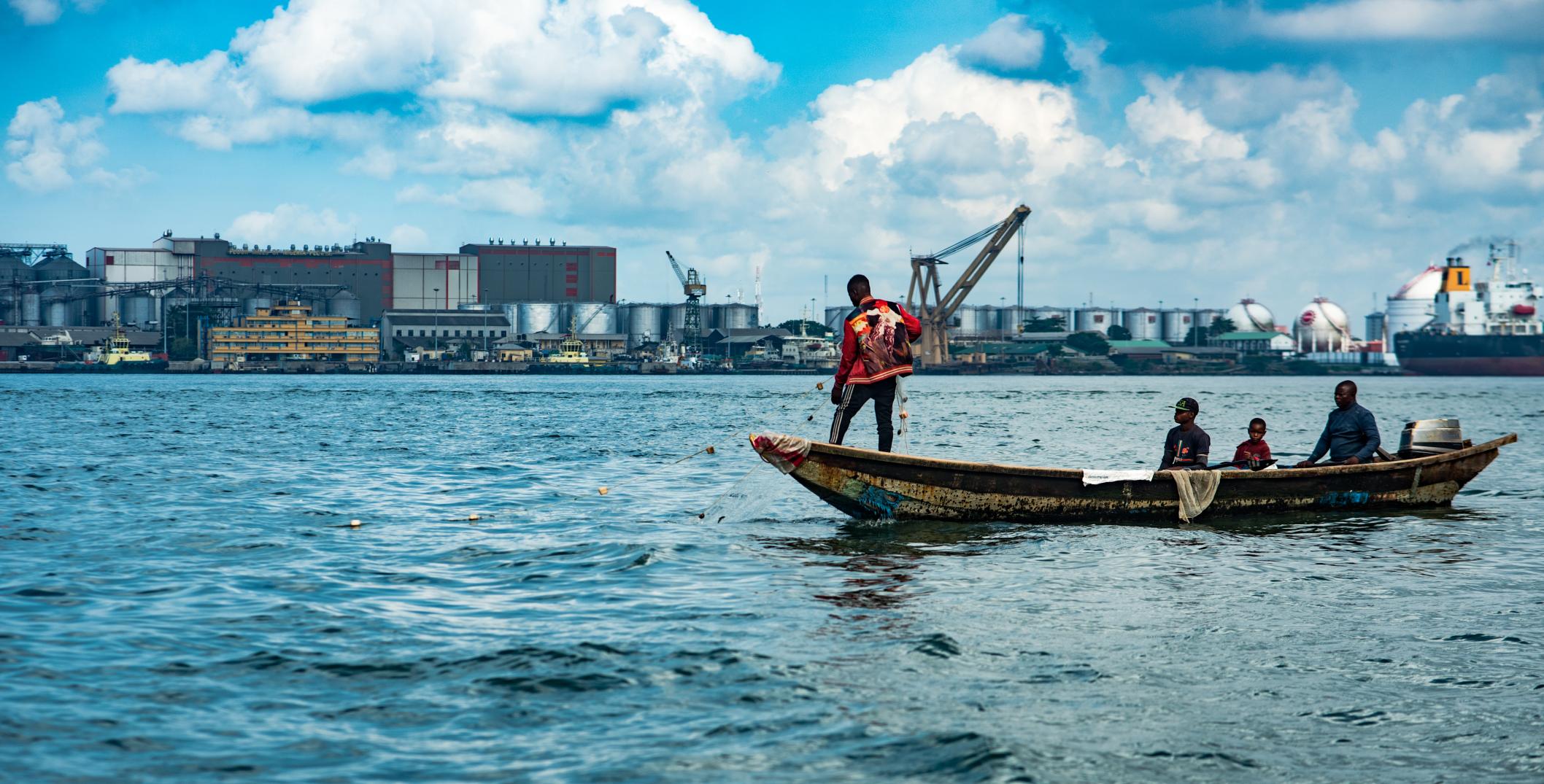
Nigeria
Oil-dependent Nigeria seeks to green its domestic energy, enhance minerals governance, and ensure diversification to achieve economic development.
Despite being a major oil producer, Nigeria has failed to translate its resources into commensurate economic development and struggles to provide its citizens with reliable energy. The government now intends to leverage the country’s gas reserves to drive a transition to renewables.
Investments in long-term, slow-return gas extraction projects may impede Nigeria’s shift toward sustainability. NRGI raises awareness among government officials, civil society actors and the public of the implications of fossil fuel dependency, and advocates for transparency and accountability to ensure that energy transition process is inclusive, equitable and responsive to the needs of the Nigerian people.
As officials make decisions regarding Nigeria’s transition, NRGI collaborates with partners to amplify the voices of marginalized groups, including women, youth and members of communities affected by oil extraction. NRGI facilitates training opportunities and dialogues to develop the capacity of non-state actors on the impact of energy transition on peoples’ lives and livelihoods and equip them with tools to engage with the government.
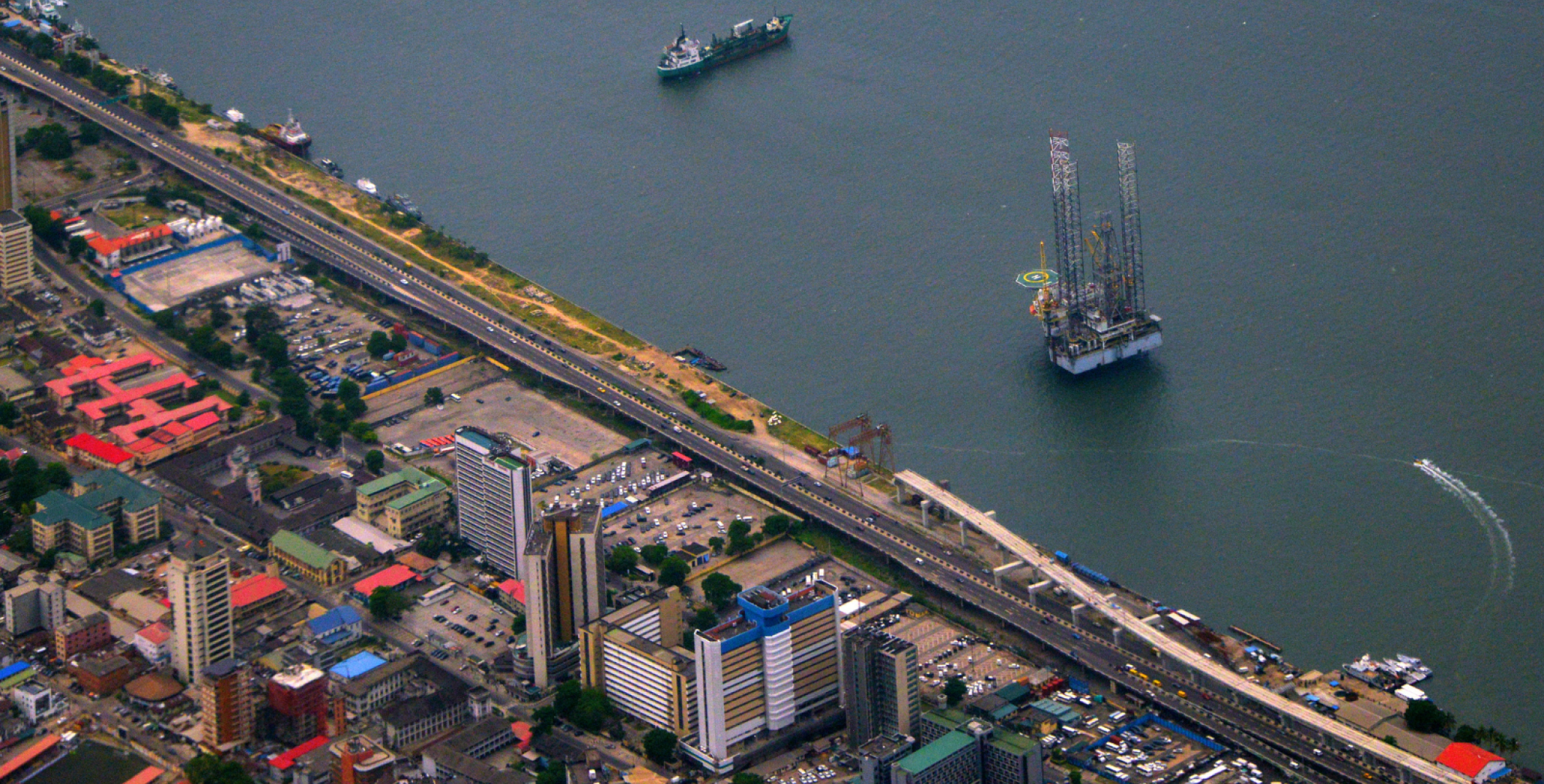
Resource Governance Index
The RGI assessed the governance of Nigeria's oil and gas sector.
Related people

Tengi George-Ikoli
Senior Officer

Nafi Chinery
Africa Director

Ahmad Abdulsamad
Program Officer

Aaron Sayne
Lead, Domestic Energy Transition
Filter by
